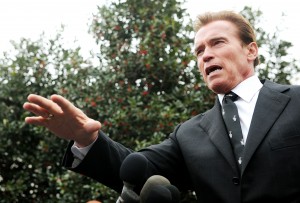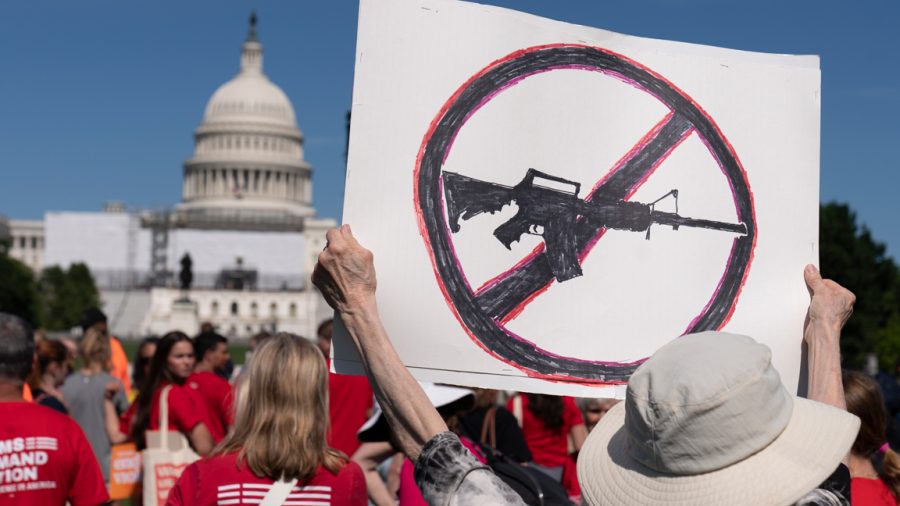
Last Thursday, outgoing Governor Arnold Schwarzenegger called for an emergency meeting of the California State Legislature to address the $6.1 billion deficit projected for the current fiscal year.
This coming just over a month after Sacramento passed the 2010-11 California State Budget, which at the time was heralded by Schwarzenegger as a satisfactory compromise, stating, “We got the job done.”
However, a $25.4 billion deficit projection by the bipartisan Legislative Analysts’ Office for the coming years, coupled with the immediate gap of $6 billion, prompted Scharzenegger to change his tune.
Last week, the governor stated, “We did not make nearly enough cuts in this budget year,” adding, “I wanted to cut $12 billion, and the legislature only wanted to cut $4 billion.” Schwarzenegger said his blue pencil vetoes, “caused, of course, a huge uproar amongst the big spenders here in Sacramento.”
There was also a huge uproar from educational, mental health and childcare providers across the state, all of whom received billions of dollars in budget cuts.
Since the election on Nov. 2, budget standoffs have taken on a new dimension with the passage of Proposition 25. The state legislature, which has a Democratic majority, no longer needs a two-thirds majority vote to pass a budget. Therefore, Democrats will have more leverage to thwart the lame-duck governor’s fiscal advances.
California State Senators and local judges have already begun to fight the budget cuts enacted in October. Further cuts by the outgoing governor are sure to meet more resistance.
John A. Pérez, the Democratic Speaker of the House from Los Angeles, has confirmed this.
“Assembly Democrats believe working with the new governor offers the best path to responsible deficit reduction,” Perez said in a statement.
Most likely, little will get done before Governor-Elect Jerry Brown is inaugurated on Jan. 3, 2011. Brown is already bracing for the budget crisis that he is soon to inherit.
“This special session underscores the enormous challenges facing the state,” Brown spokesman Evan Westrup said in a statement.
“While the governor-elect did not create this fiscal crisis, he and his transition team will continue the work they started after election day, collaborating with administration and Department of Finance officials, the legislative analyst’s office, legislators and others to address California’s budget problems.”
The Governor’s special assembly is set to take place on Dec. 6, the same day when incoming California legislators are sworn in.










